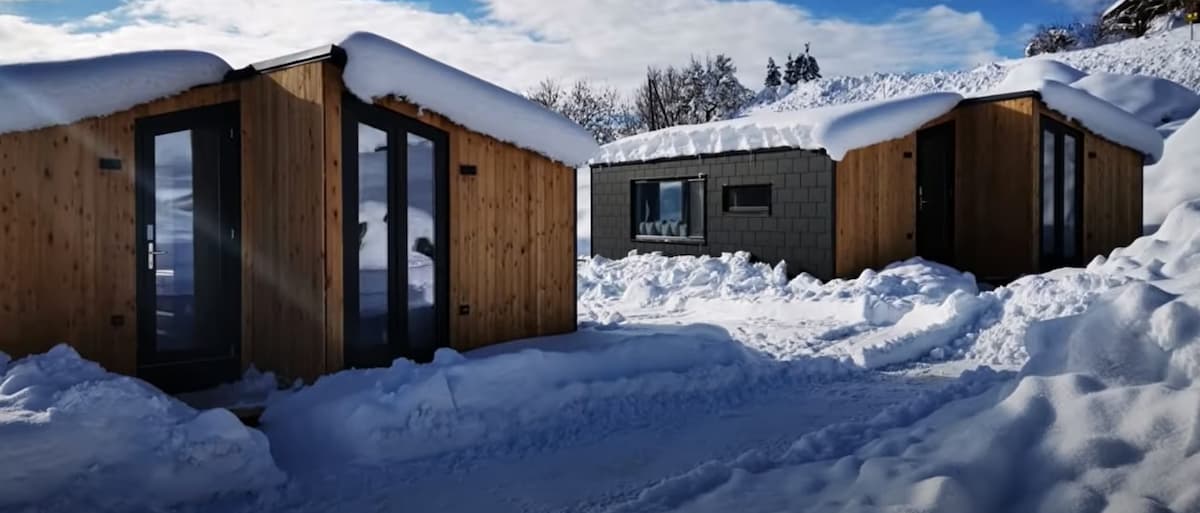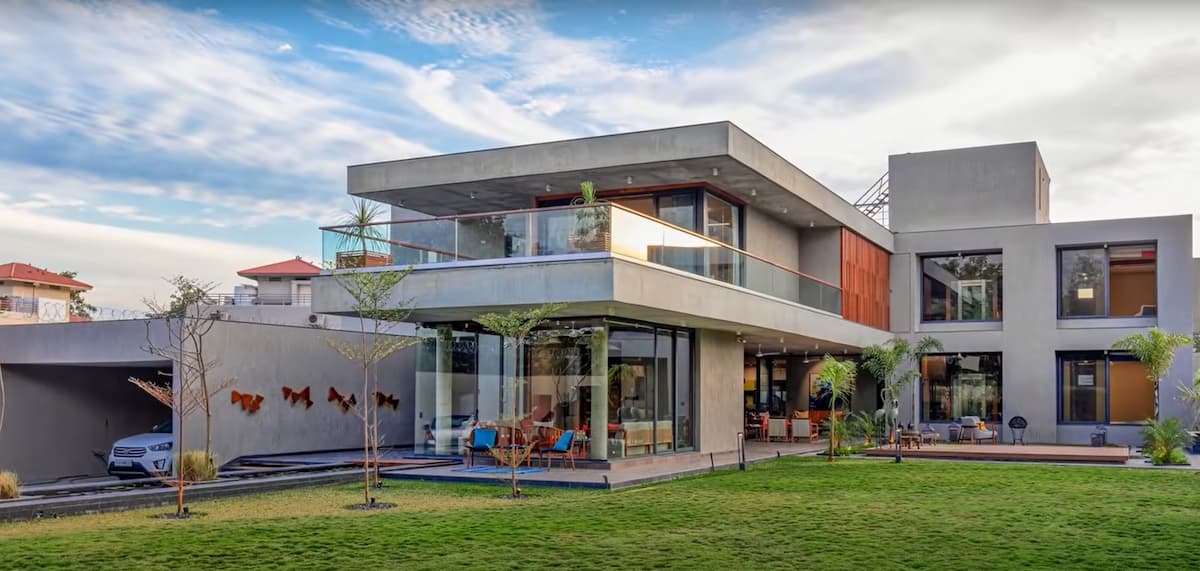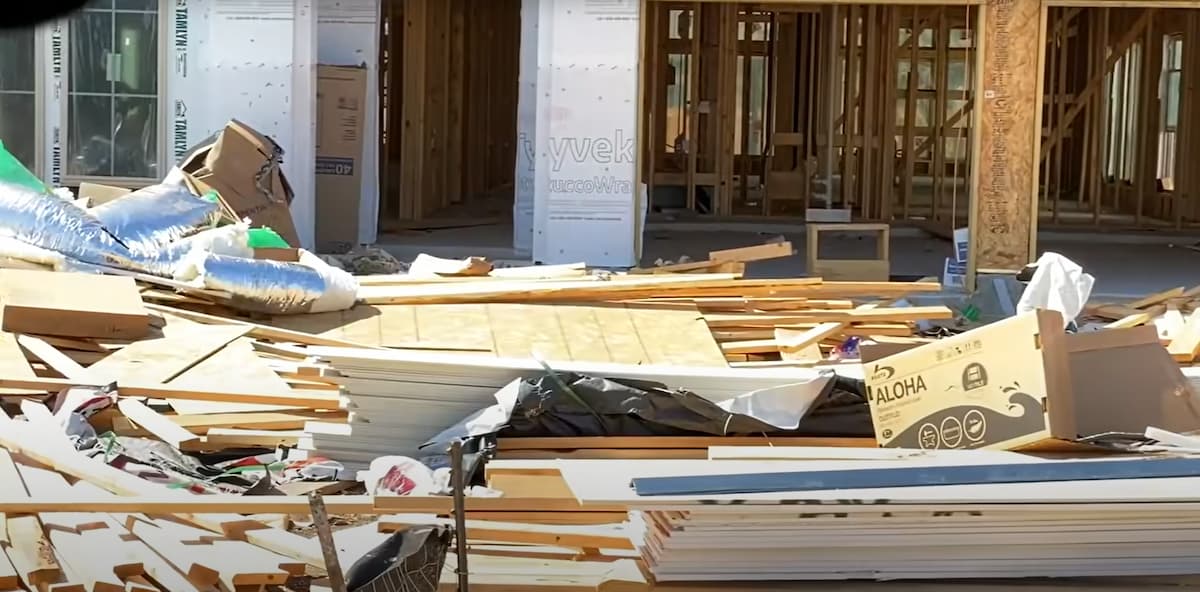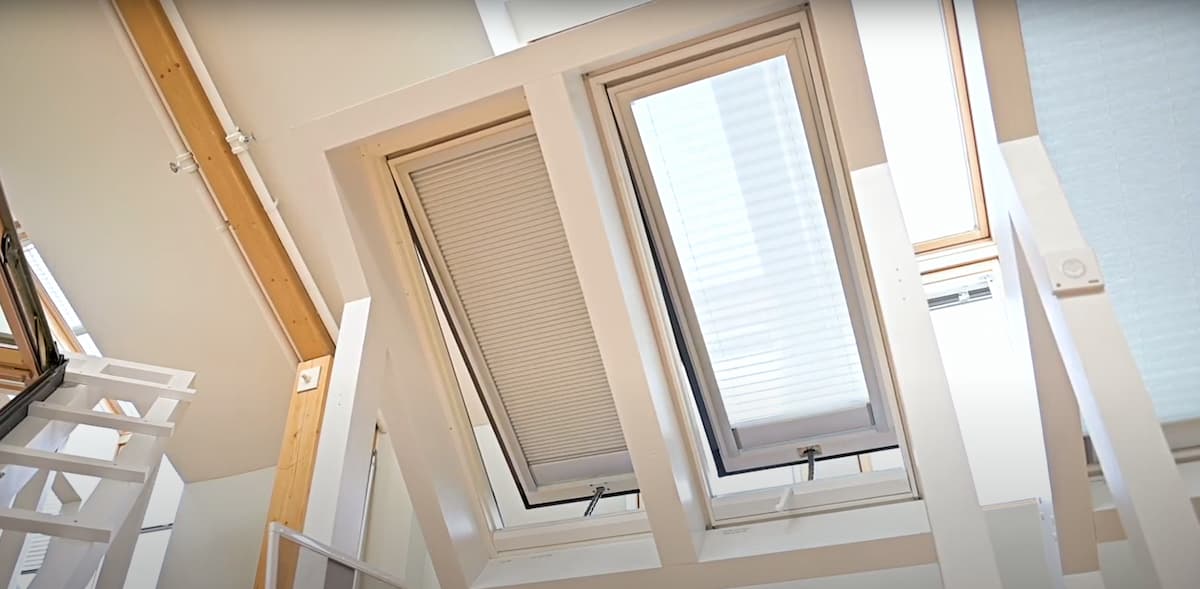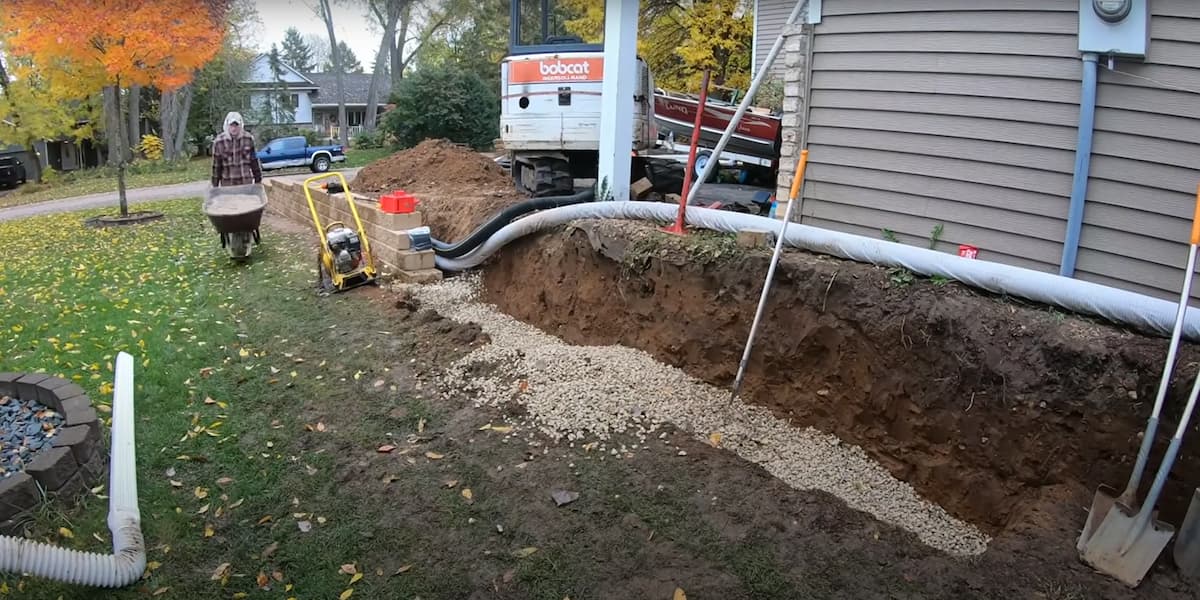
In order to avoid any hassles or increased expenses, later on, you could learn as much as possible about a property’s condition before purchasing it. You may also obtain property inspection reports, such as a building inspection report, yourself.
When you ask for a contract of sale, the agent may disclose previous property inspection reports that have been commissioned to you as a buyer. You may be able to get a report at a cheaper rate if you buy it back.
What is a Building Inspection?
A building inspection is a comprehensive examination of a property’s flaws. Although it is not necessary to have one before buying a home, doing so would be foolhardy. In certain situations, your insurance company and/or the bank may even demand it. If issues are discovered, you’ll be able to get expert advice before signing on the dotted line and begin negotiations with the seller or building consultants regarding some of the repairs.
When you purchase a building inspection, the inspector is looking out for code violations and major defects. They may not tell you about every little thing that may need attention, but they may make sure there are no real issues.
First Inspection From a Qualified Building Inspector
The first time an inspector comes to your home (if you haven’t had it inspected before), they’ll walk through the whole house with a fine-tooth comb. They’re checking everything from moisture levels in the basement to electrical wiring. If they find anything during this first inspection, they’ll usually let you know then and there what needs to be done. Some inspectors simply write up their findings on paper and hand them to you at the end of the inspection, others email their findings as soon as possible.
Either way, it’s important to make sure you follow up with any and all suggested repairs. If the inspector suggests a repair (or even many repairs), but you don’t do anything about them, your home insurance company may not cover anything could something happen in the future due to those issues. It’s also important to note that structural problems aren’t covered by most home insurance policies, so if you’re planning on making a claim after an issue has been found, you may want to consider getting that inspected again before filing, just in case issues have been missed or have arisen since then.
When Can a Building and Pest Inspection Be Done?
Inspections can be done at any time before closing, however, there are certain things to keep in mind when looking at a pre-purchase inspection. The inspector is only there to look at the present conditions of the property, so what you see is what you get. If there are features about the home that have been removed or changed since it was last inspected, they may not be included in the final inspection report. This isn’t always the case, but just something to keep in mind could things seem off when looking through your inspection report after purchasing a pre-inspected home.
Pre-Purchase Building Inspection
Pre-purchase inspections are usually done on homes that are being sold “as is” or foreclosures. When buying one of these properties, you’ll typically not want to do an inspection, because issues may probably already be present and/or visible by this point in time (that’s why you’re buying it at a reduced cost, after all). If the problems found are too costly to fix (and therefore would not be worth it), you’ll likely want to walk away from the deal.
When getting an inspection of any home, make sure you pay attention to everything that is said and done during the process. You can learn about your house by watching what they do, for example, if they pull on the carpet at one area of the wall and it doesn’t budge, that’s your sign for “wet/mould growth” under there somewhere. Every little bit helps.
If there are issues present but these aren’t things that may put your safety at risk, then don’t worry too much about them. You can list the issues (and what they mean) in your report, and talk to your home insurance agent about them. They might be able to cover some of these costs if needed/wanted down the road.
Taking a Bit of Specialist Advice From a Building Inspector
If there are major problems present that you knew nothing about until getting an inspection done though, don’t panic. Just address them right away so they don’t get worse than they already are. Sometimes this means having to bring in another contractor for repairs/replacements, other times you’ll find that doing it yourself is cheaper or at least easier. either way, just remember that you need to fix the issue ASAP before it becomes worse than it needs to be.
As far as pre-purchase inspections go, this inspection is usually done by a licensed home inspector. The inspector comes in and checks things over, using a simple checklist to make sure everything’s been checked.
Full Structural Building Inspection
When getting a full structural inspection of your property, however, you’ll likely want to hire a professional engineer or contractor for this. They’ll be able to assess the foundation of your house properly and tell you if there are any major problems present that might cause future issues with the structure as it now sits. This type of inspection might cost more money, but since it’s also more detailed than a regular pre-purchase checkup, it may be worth it depending on what you’re looking for.

If there are major damages still present after doing all that can possibly be done to fix them, then the only other thing to do is potentially sell off the property. This may likely cause you to lose money on your investment, but sometimes it’s just better to cut losses than try to take more risks with structural problems that are present.
If you have any specific questions about what might be found or whether or not something like this can be covered under your insurance plan (if applicable), talk to your home inspector and/or home insurance company for advice before doing anything else. They’ll be able to help guide you along in whichever direction you choose after finding out the results of the inspection process.
What do Building Inspectors Check During a Building Inspection?
Viewings with the home on the market generally last around half an hour to one hour. During this time, they perform the following tasks:
- Check that the windows and doors can open freely and don’t get caught in their frames.
- Check for moisture or mould on the skirting boards, walls, and ceilings. Keep an eye out for paint jobs that conceal mould.
- Check for sagging ceilings and/or bent walls.
- Check for rotted floorboards or dampness under the carpet.
- Take a look at the temperature and pressure settings for each tap to see whether or not they’re appropriate. Try all of the taps and note how long it takes for hot water to arrive.
- Flush the toilet to ensure that it is clear of a running cistern.
- Look for pipes that are rusted and broken. Check beneath sinks for sturdiness by shaking the plumbing gently. Look for rust and other pipe damage as well.
- Check the water heater, hot water supply lines, and cold water system for size and age, as well as any dampness in wet areas.
- Look at light switches and the fuse box to see how old the circuitry is, and if there’s an Earth Leakage Safety Switch.
- Examine the roof, guttering, and drain pipes in general.
- Examine the exterior walls for cracks and other flaws.
- Ask whether the house has an energy efficiency score.
- Listen in various locations throughout the property to determine noise levels. It’s a good idea to check noise levels around the home at different hours of the day.
- What does the interior smell like? Are there any unique or pungent odours that you could be concerned about?
A building inspection is not so much about the visual look of the home but rather what can be found beneath the surface. During an inspection, inspectors may check for things like moisture within walls or ceilings that could lead to mould growth, check the foundation of your house, and ensure that plumbing is in working order. The inspector could also be checking electrical wiring and appliances as well as performing routine maintenance checks throughout.
Professional Building Inspection Report From a Licensed Building Inspector
The very first thing your building inspector may assess during a pre-purchase building inspection is whether or not there are any obvious signs of structural problems. These may include cracks along exterior walls, sinks or other fixtures that appear to be mounted incorrectly (or seem otherwise wobbly), doors or windows that don’t shut properly, visible water stains, excessive wear on exterior steps, and warped window panes.
Building and Pest Inspection During Building Inspections
Signs of a pest infestation are also part of the things your building inspector may look for, but this is an issue that could be addressed by a pest control service afterwards rather than during the inspection process itself. A lot of home buyers tend to be susceptible to pests because they’re moving from the city out into the suburbs, thus bringing their food with them. Some people may not notice a slight presence of ants or termites before it becomes an uncontrollable situation, so remember that if you do see anything like that then it’s best to call in a professional beforehand.
Having said all that, however, there are some things your building inspector may not be looking for specifically when performing a pre-purchase building inspection. This is because it would be impractical for them to do so, and they are not the ones who may ultimately live in or use your home after you purchase it. A building inspector’s primary focus is on the structural soundness of your building, not whether or not there are bugs hiding in its walls.
Some items may be reported though if they appear severe enough to warrant attention. For example, a faulty electrical switch may be noted during the course of an inspection if it was found that wiring had been done without due care on some other aspect of the property, this could carry potentially serious ramifications then for anyone who ends up purchasing that particular bit of real estate down the track.
Building Inspection Written Report
A lot can happen between when you first go to inspect a property and when you buy it. For this reason, it’s important to be aware of what exactly your building inspector is looking for during a pre-purchase building inspection so that neither party comes as any surprise down the track if anything does turn up. The bottom line is, just like anything else related to real estate, at the end of the day you get what you pay for, so don’t expect miracles from your building inspector or they can’t be held responsible if something does go wrong later on (like an electrical fire perhaps because the wiring had been done by an unqualified worker).
All in all, though, there are only two things you could really take away from this article, firstly, look out for cracks in exterior walls and wobbly fixtures. If you do see anything like that, ask your building inspector why and note it down for a later reference if necessary, secondly, inspect the condition of the house yourself too. You shouldn’t rely solely on what your building inspector could say but rather use their expertise as a guide while also doing some research of your own in advance so that you’re not left wondering later on what they were talking about when everything did eventually come to light during an inspection.


